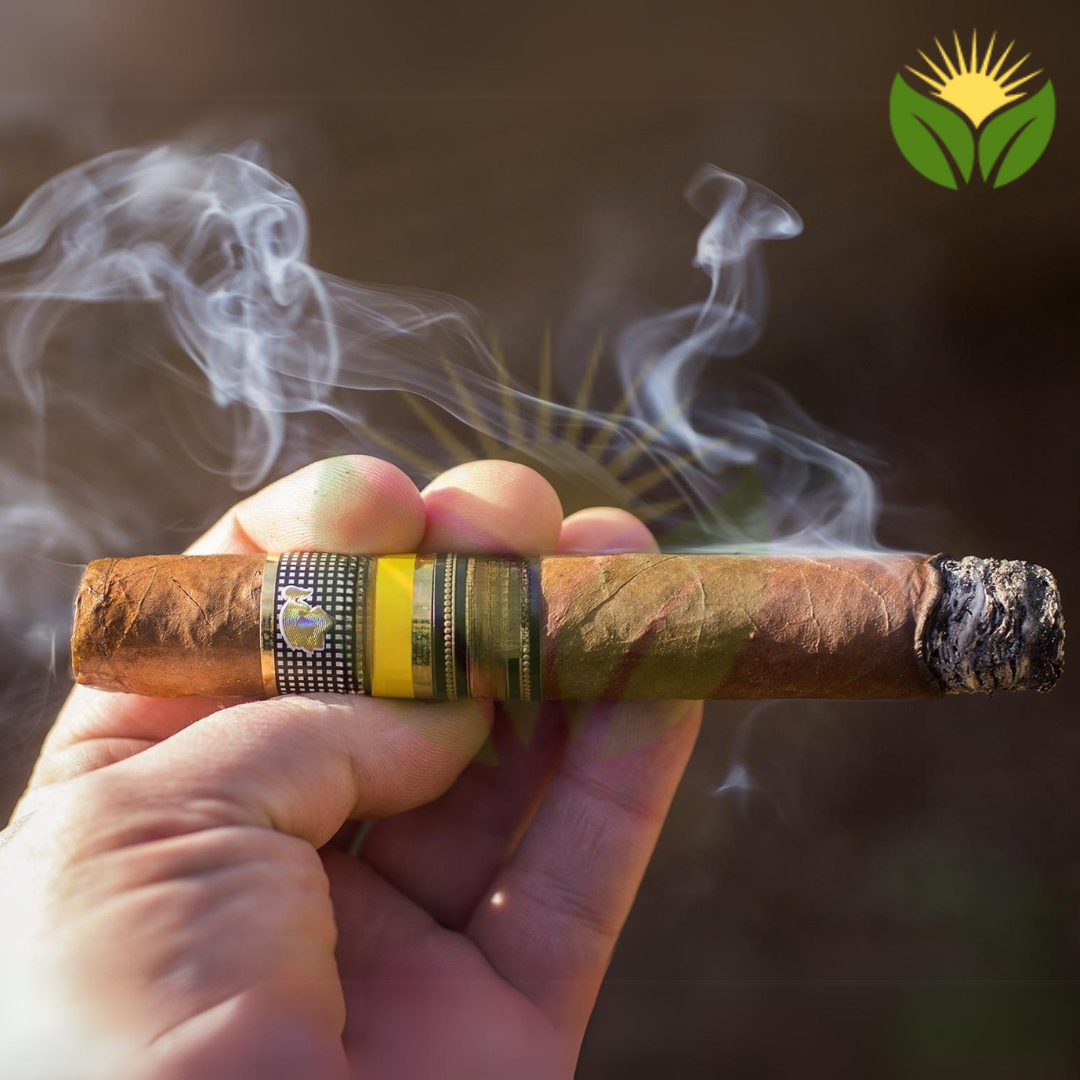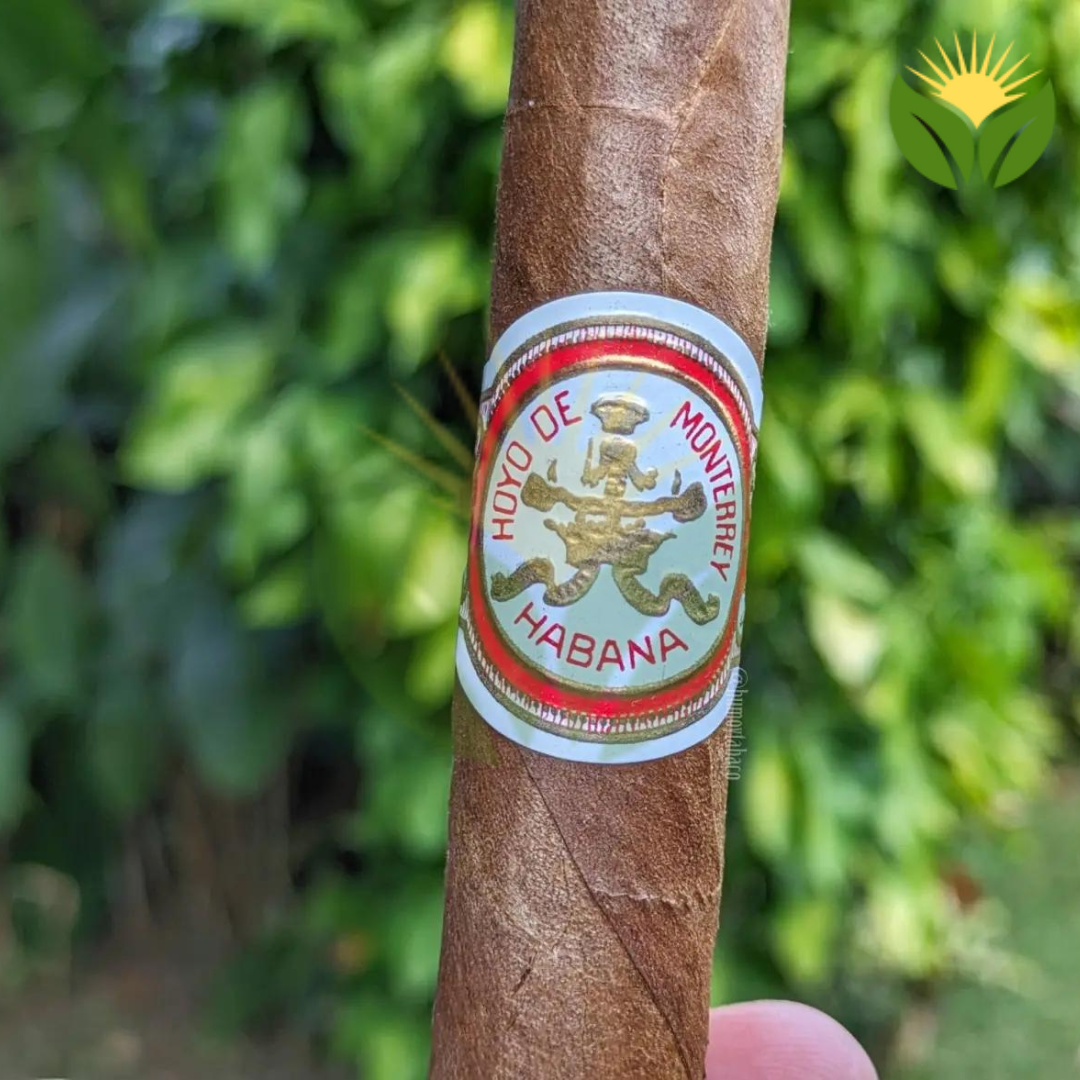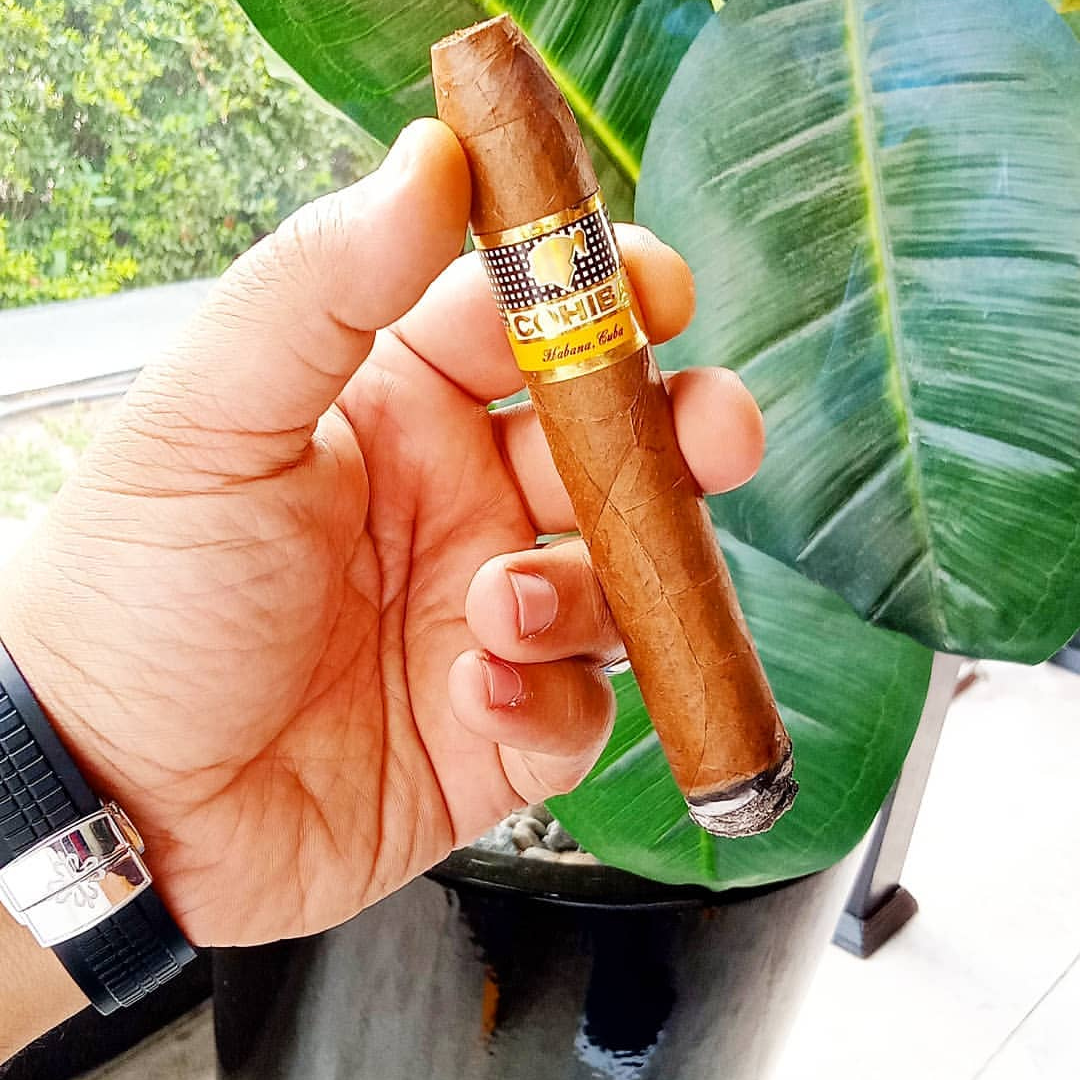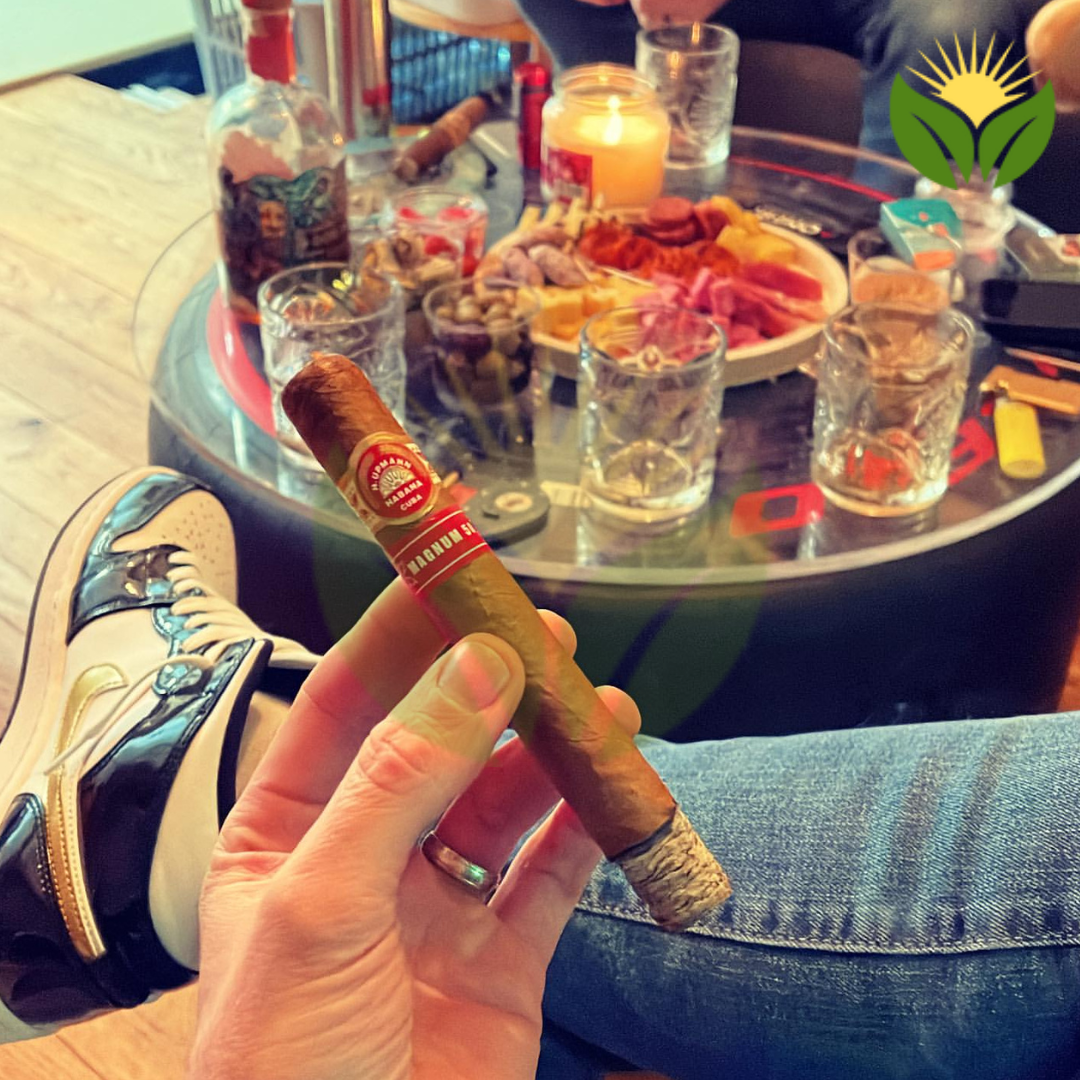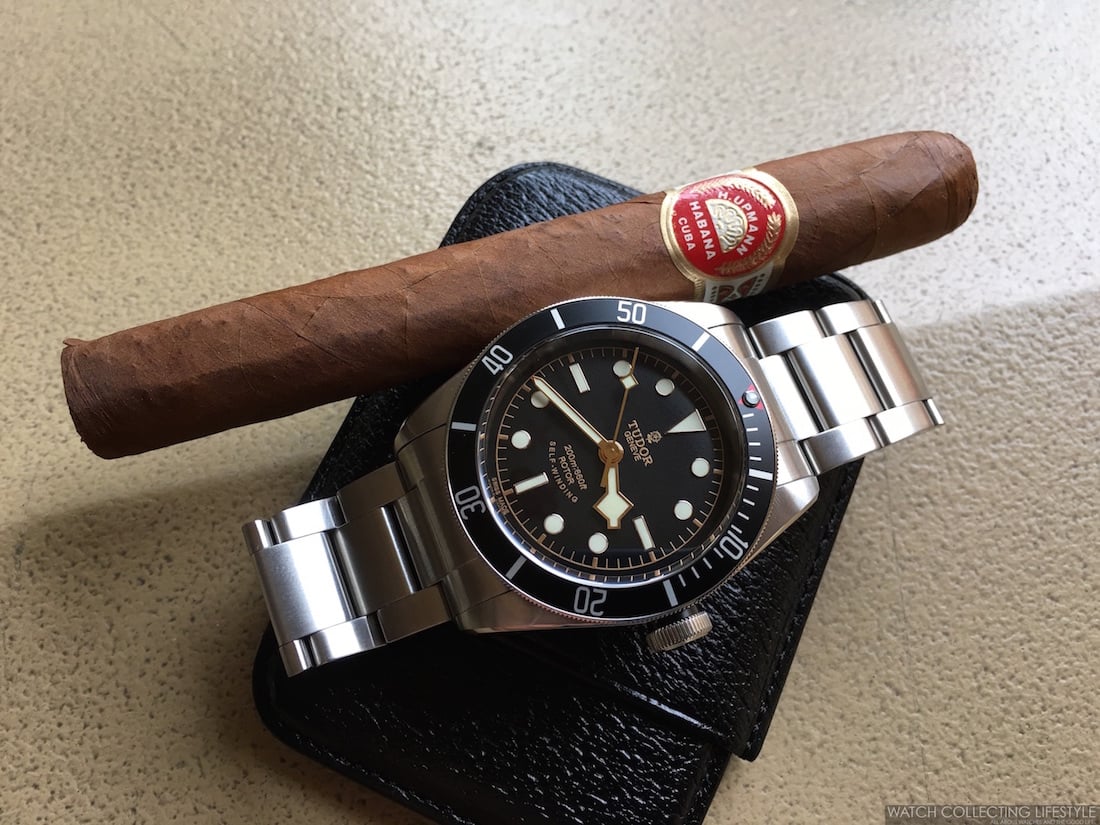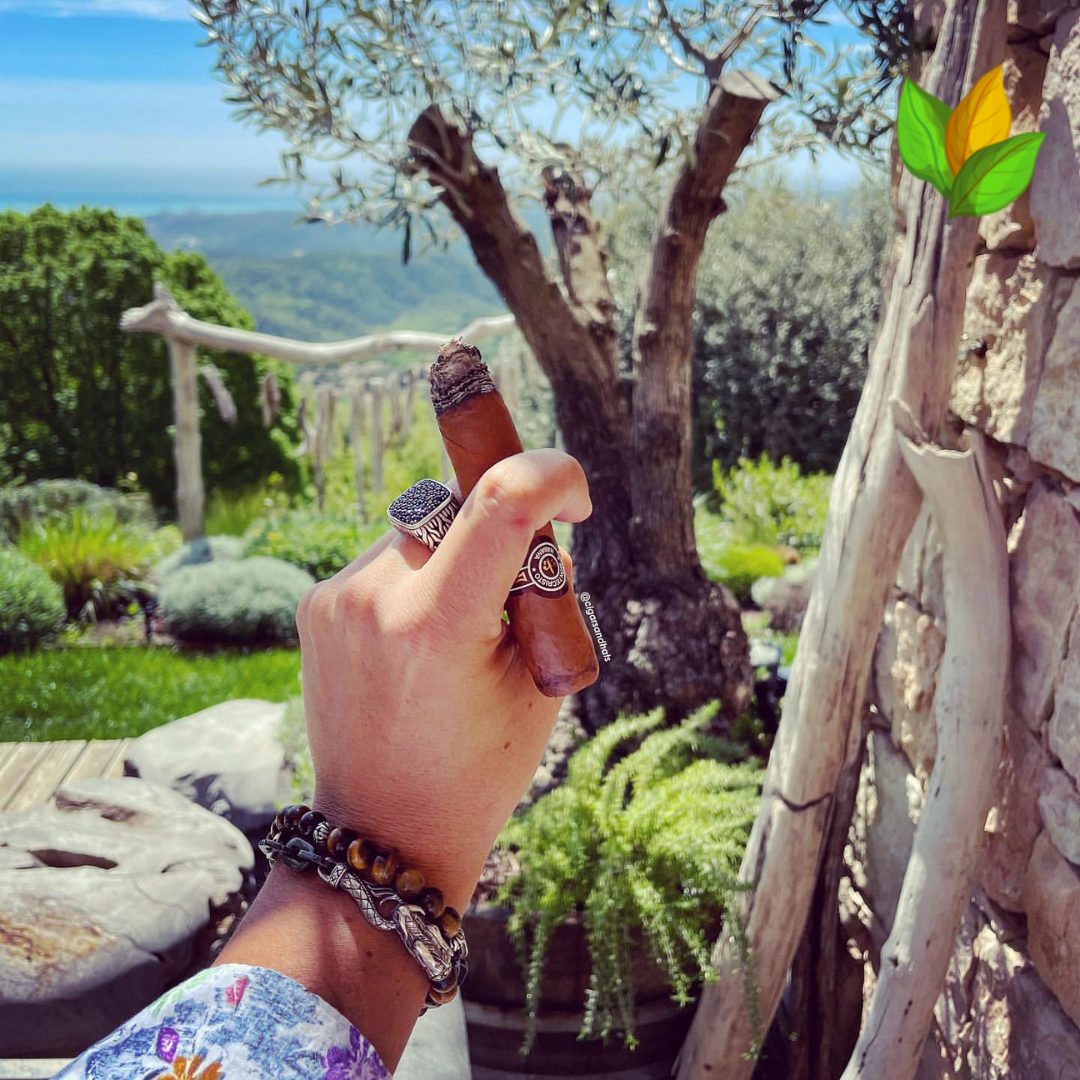The Personalities Behind Cuba's Cigar Industry – A Historical Perspective
Welcome to our comprehensive guide about Personalities Behind Cuba's Cigar. In this article, we’ll explore everything you need to know about Personalities Behind Cuba's Cigar, from selection and storage to appreciation and enjoyment. Whether you’re a seasoned aficionado or new to the world of Personalities Behind Cuba's Cigar, this guide provides valuable insights and expert knowledge.
Table of Contents
- Introduction to Personalities Behind Cuba's Cigar
- History and Heritage
- How to Select Personalities Behind Cuba's Cigar
- Storage and Aging
- Enjoying Your Personalities Behind Cuba's Cigar
- Frequently Asked Questions
Most cigar enthusiasts are familiar with Cuba’s reputation for producing some of the world’s finest cigars, but the history behind this industry is rich with tales of influential personalities who shaped its development. From iconic figures like Alejandro Robaina to the legendary Cohiba brand created for Fidel Castro, each individual has left a lasting imprint on Cuba’s cigar legacy. To research deeper into the fascinating history of Cuba’s cigar industry, explore The History of Cigars and uncover the stories of the visionaries who have made Cuban cigars synonymous with luxury and quality.
The Origins of Cuba’s Cigar Heritage for Personalities Behind Cuba's Cigar
Indigenous Roots and Spanish Influence
Before the arrival of the Spanish conquistadors in the late 15th century, Cuba’s indigenous people, the Taino, had been cultivating and smoking tobacco for centuries. The Spanish colonization in the early 16th century introduced European tobacco seeds to the island, leading to the emergence of a unique fusion of indigenous and Spanish cigar-making traditions.
The Birth of the Cigar Industry in Cuba
Roots of the Cuban cigar industry can be traced back to the early days of Spanish colonization when tobacco cultivation became a vital component of the island’s economy. By the mid-19th century, Cuba had established itself as the world’s premier producer of high-quality cigars, thanks to its fertile soil, favorable climate, and skilled labor force.
Key Figures in the Evolution of Cuban Cigars for Personalities Behind Cuba's Cigar
The Rise of Cigar Entrepreneurs
Entrepreneurs have played a crucial role in shaping the Cuban cigar industry throughout history. Visionaries like Alejandro Robaina and Carlos Fuente Sr. have contributed significantly to the growth and reputation of Cuban cigars worldwide. Their dedication to quality and tradition has set the standard for generations to come.
Legendary Blenders and Rollers
One of the most critical aspects of the Cuban cigar industry is the expertise of legendary blenders and rollers. These skilled artisans, such as Benji Menendez and Eladio Diaz, have mastered the craft of creating unique and exquisite cigar blends. Their unparalleled knowledge and passion have elevated Cuban cigars to the pinnacle of excellence.
Cigar enthusiasts can appreciate the meticulous attention to detail and expertise that these legendary blenders and rollers bring to every cigar they produce. Their dedication to preserving the rich heritage and distinctive flavors of Cuban cigars ensures a timeless and exceptional smoking experience for connoisseurs around the world.
The Golden Age of Cuban Cigars for Personalities Behind Cuba's Cigar
International Recognition and Fame
After years of perfecting the art of cigar making, Cuba’s cigar industry saw a significant rise in international recognition and fame during what is now considered the Golden Age of Cuban Cigars. Cigars produced in Cuba became synonymous with luxury, sophistication, and unparalleled quality, attracting cigar aficionados from around the world.
Challenges and Resilience of the Industry
With success came challenges for the Cuban cigar industry. From political tensions to economic sanctions, the industry faced numerous obstacles that threatened its existence. However, through resilience and unwavering dedication, Cuban cigar makers overcame these challenges, maintaining their reputation as producers of some of the finest cigars in the world.
Cuban cigar makers had to adapt to ever-changing political landscapes and navigate through economic hardships. Despite these challenges, they continued to uphold the traditions and craftsmanship that have made Cuban cigars legendary in the world of tobacco. Through perseverance and innovation, the Cuban cigar industry has managed to survive and thrive, solidifying its position as a symbol of excellence in cigar production.
Modern Day Legacy for Personalities Behind Cuba's Cigar
Cuba’s Cigar Industry in the Global Market
With the rise of globalization and international trade, Cuba’s cigar industry has faced both challenges and opportunities in the global market. Despite competition from other countries that produce cigars, Cuban cigars maintain a prestigious reputation for their quality and craftsmanship.
Preservation of Tradition and Craftsmanship
On the island of Cuba, the tradition of cigar-making runs deep in the culture and heritage of the people. The craft of rolling cigars by hand has been passed down through generations, with master rollers honing their skills over decades to create some of the world’s most sought-after cigars.
Cuba’s stringent regulations on the production of cigars also contribute to the preservation of traditional methods and the quality of the final product. From the selection of the finest tobacco leaves to the expert rolling techniques, every step is carefully monitored to ensure that each cigar meets the high standards set by the Cuban government.
Summing up for Personalities Behind Cuba's Cigar
The personalities behind Cuba’s cigar industry have played a pivotal role in shaping its historical development. From the pioneering efforts of figures such as Alejandro Robaina to the innovative mindset of modern-day leaders like Hirochi Robaina, these individuals have left an indelible mark on the industry. Their passion, dedication, and expertise have not only elevated Cuban cigars to an unparalleled level of quality and prestige but also cemented their legacy in the annals of tobacco history. The stories of these iconic figures serve as a testament to the enduring legacy of Cuba’s cigar tradition and the remarkable individuals who have helped define it.
FAQ for Personalities Behind Cuba's Cigar
Q: Who were the key personalities behind Cuba’s cigar industry from a historical perspective?
A: The key personalities behind Cuba’s cigar industry from a historical perspective include prominent figures such as Don Alejandro Robaina, Dionisio Fernandez, and Alejandro González Iniarritu. These individuals played crucial roles in shaping the tradition and reputation of Cuban cigars through their expertise and dedication.
Q: What contributions did these personalities make to Cuba’s cigar industry?
A: Don Alejandro Robaina was known for his exceptional knowledge of tobacco cultivation and for producing some of the finest tobacco leaves in the world. Dionisio Fernandez was a skilled roller who crafted cigars with precision and artistry, while Alejandro González Iniarritu was a renowned master blender who created exceptional cigar blends that became iconic in the industry.
Q: How did the personalities behind Cuba’s cigar industry influence its development over time?
A: The personalities behind Cuba’s cigar industry not only upheld the tradition of quality and excellence in cigar making but also innovated and expanded the industry’s reach globally. Their expertise and commitment to perfection helped establish Cuban cigars as the standard of luxury and sophistication in the world of tobacco.
Summary for Personalities Behind Cuba's Cigar
This article about Personalities Behind Cuba's Cigar explores the essential aspects that every cigar enthusiast should know. Whether you’re new to Personalities Behind Cuba's Cigar or a seasoned aficionado, understanding these key points will enhance your appreciation of authentic Cuban cigars.
Related Premium Cuban Cigars for Personalities Behind Cuba's Cigar
If you’re interested in Personalities Behind Cuba's Cigar, explore these exceptional Cuban cigars from our collection:
- Cohiba Piramides limited edition 2001 – Premium authentic Cuban cigars
- Montecristo Open Master – Premium authentic Cuban cigars
- Partagas 898 Varnished – Premium authentic Cuban cigars
Learn More About Cuban Cigars for Personalities Behind Cuba's Cigar
Expand your knowledge about Personalities Behind Cuba's Cigar and Cuban cigar culture:
- Read expert reviews at Cigar Aficionado
- Discover cigar history on Wikipedia
- Get industry insights from Halfwheel
Shop Authentic Cuban Cigars for Personalities Behind Cuba's Cigar
Ready to experience the excellence of Personalities Behind Cuba's Cigar? Browse our complete collection of authentic Cuban cigars with guaranteed authenticity, optimal storage, and worldwide shipping. Whether you’re seeking specific brands mentioned in this article about Personalities Behind Cuba's Cigar or exploring new options, we’re your trusted source for genuine Cuban cigars online.
Explore Our Premium Personalities Behind Cuba's Cigar Collection
Ready to experience authentic Personalities Behind Cuba's Cigar? Browse our carefully curated selection:
- Cohiba Maduros 5 Secretos – Premium authentic Cuban cigars
- Montecristo No 3 – Premium authentic Cuban cigars
- Montecristo Churchill Añejados – Premium authentic Cuban cigars
- Cohiba Majestuosos 1966 – Premium authentic Cuban cigars
- H Upmann Magnum 50 – Premium authentic Cuban cigars
Related Articles About Personalities Behind Cuba's Cigar
Continue learning about Personalities Behind Cuba's Cigar with these informative articles:
- Montechristo and Monte Christo Cigars – Exploring the Variations in Spelling
- The Partagas Lusitanias – A Cigar Fit for Royalty
- Romeo and Julieta – The Shakespearean Inspiration Behind the Brand
Expert Resources on Personalities Behind Cuba's Cigar
Learn more about Personalities Behind Cuba's Cigar from these authoritative sources:
- Cigar Aficionado – Expert reviews and ratings
- Wikipedia – History of Cuban cigars
- Halfwheel – Industry news and reviews
Start Your Personalities Behind Cuba's Cigar Journey Today
Now that you’ve learned about Personalities Behind Cuba's Cigar, it’s time to experience them yourself. Browse our complete collection of authentic Cuban cigars and discover why Personalities Behind Cuba's Cigar are treasured by aficionados worldwide. With our guarantee of authenticity, expert curation, and worldwide shipping, your perfect Personalities Behind Cuba's Cigar experience is just a click away.
Remember: Whether you’re new to Personalities Behind Cuba's Cigar or a seasoned enthusiast, we’re here to help you find the perfect cigars for your taste and occasion. Don’t hesitate to explore our selection and join the ranks of satisfied customers who have made us their trusted source for authentic Personalities Behind Cuba's Cigar.

